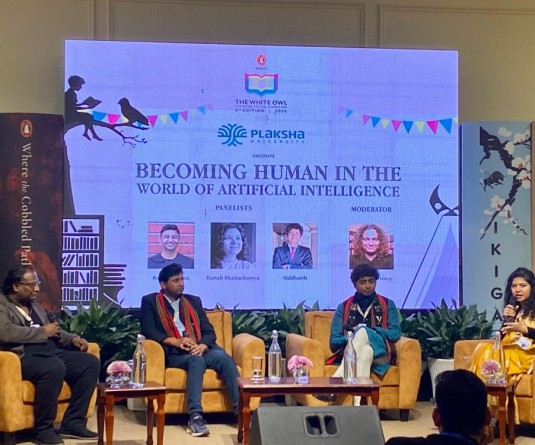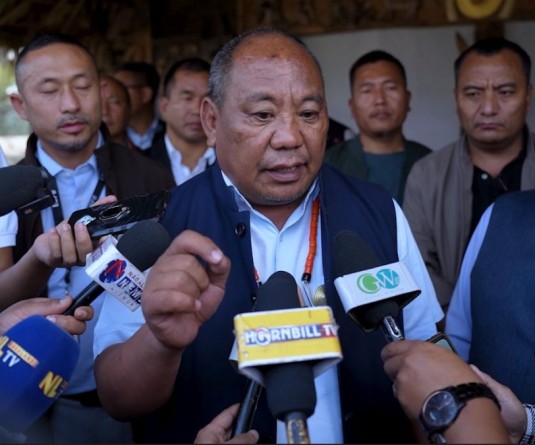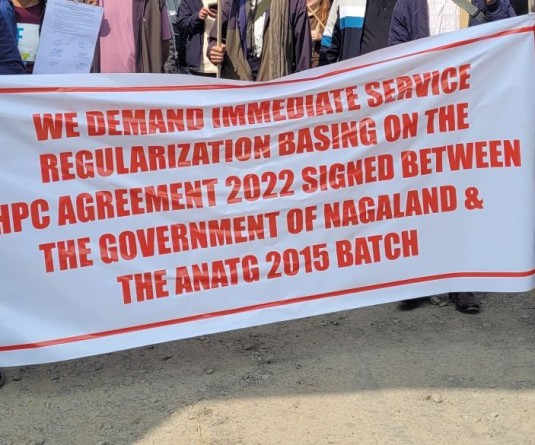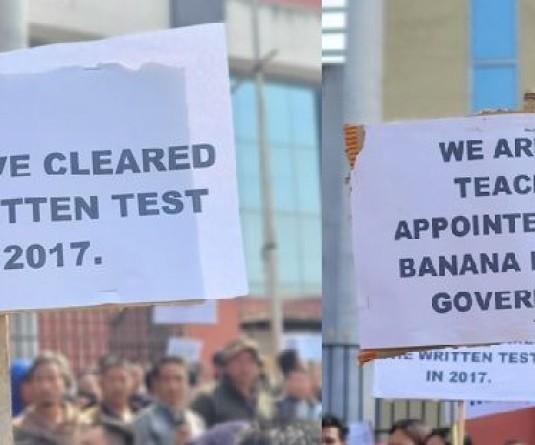Dr Tiasunup Pongener, Dr Collins Zekotso Sono, Dr. Palash Talukdar and others with media persons during ‘Media sensitization on TB: Working towards TB free Nagaland by 2025’ in Kohima on June 17. (Morung Photo)
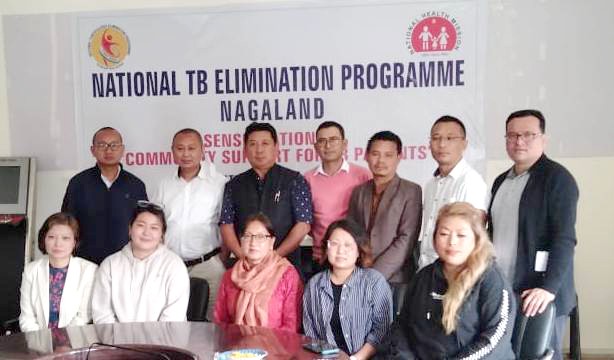
Our Correspondent
Kohima | June 17
Dr Collins Zekotso Sono, WHO Consultant, National Tuberculosis Elimination Programme (NTEP) Nagaland today said that India has committed to end Tuberculosis (TB) by 2025, five years ahead of the global Sustainable Development Goal (SDG) target.
Stating this during “Media sensitization on TB: Working towards TB free Nagaland by 2025” here today at the Directorate of Health & Family Welfare as part of the ongoing “Sensitization on community support for TB patients”, he said that Prime Minister of India has launched TB Free India campaign at ‘Delhi End TB Summit’ on 13th March 2018.
Dr Sono said that the campaign calls for a social movement focused on patient-centric and holistic care driven by integrated actions for TB Free India. The Union Health Minister launched the “TB Harega Desh Jeetega” campaign on 25 Sep 2019 to reinforce the efforts of “End TB by 2025.”
He said that TB is an infectious bacterial disease caused by Mycobacterium tuberculosis, which most commonly affects the lungs, adding that TB can also affect other organs like intestines, lymph nodes, brain, bone, genitals, etc., in the body resulting in added symptoms and manifestations connected with the function of that organ.
He said that India has the highest estimated burden of tuberculosis infection (TBI) globally, with nearly 35-40 crore Indian population having TBI, of which 26 lakh (18-36 lakh) are estimated to develop tuberculosis (TB) disease annually.
5–10% of those infected will develop TB disease over the course of their lives, usually within the first 2 years after initial infection, Dr Sono informed adding that the risk for TB disease after infection depends on several factors. The most important being immunological status.
Risk is increased 25 times among contacts of bacteriologically confirmed TB patients compared to general populations, 16-21 times in case of HIV co-infection and 3-4 times in other immune-compromised status like diabetes, etc.
Dr Tiasunup Pongener, State TB Officer- NTEP chaired the programme while Dr Palash Talukdar, WHO Medical Consultant, Assam shared the overview on “Community support for TB patients.”
National Strategic Plan to end TB by 2025
• Find all TB cases with an emphasis on reaching every TB patient
• Treat all TB cases with high quality anti TB drugs
• Prevent the emergence of TB in susceptible populations and stop catastrophic expenditure due to TB
• Build and strengthen support systems including enabling policies, empowered institutions and human resources with enhanced capacities
Treatment – Strategies
• Daily Regimen
• Free drugs in private sector
• Management of Drug Resistant TB
• Monitoring of Care Cascade
• Patient Empowerment
• Adherence Support
• Clinical Care Support
• Pharmacovigilance


